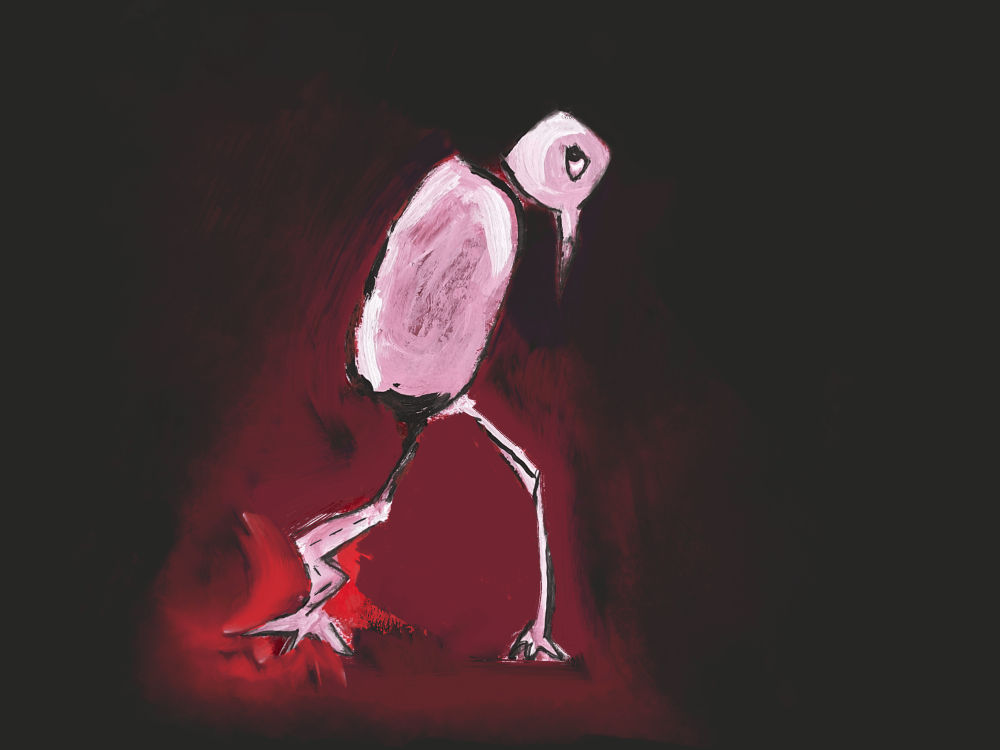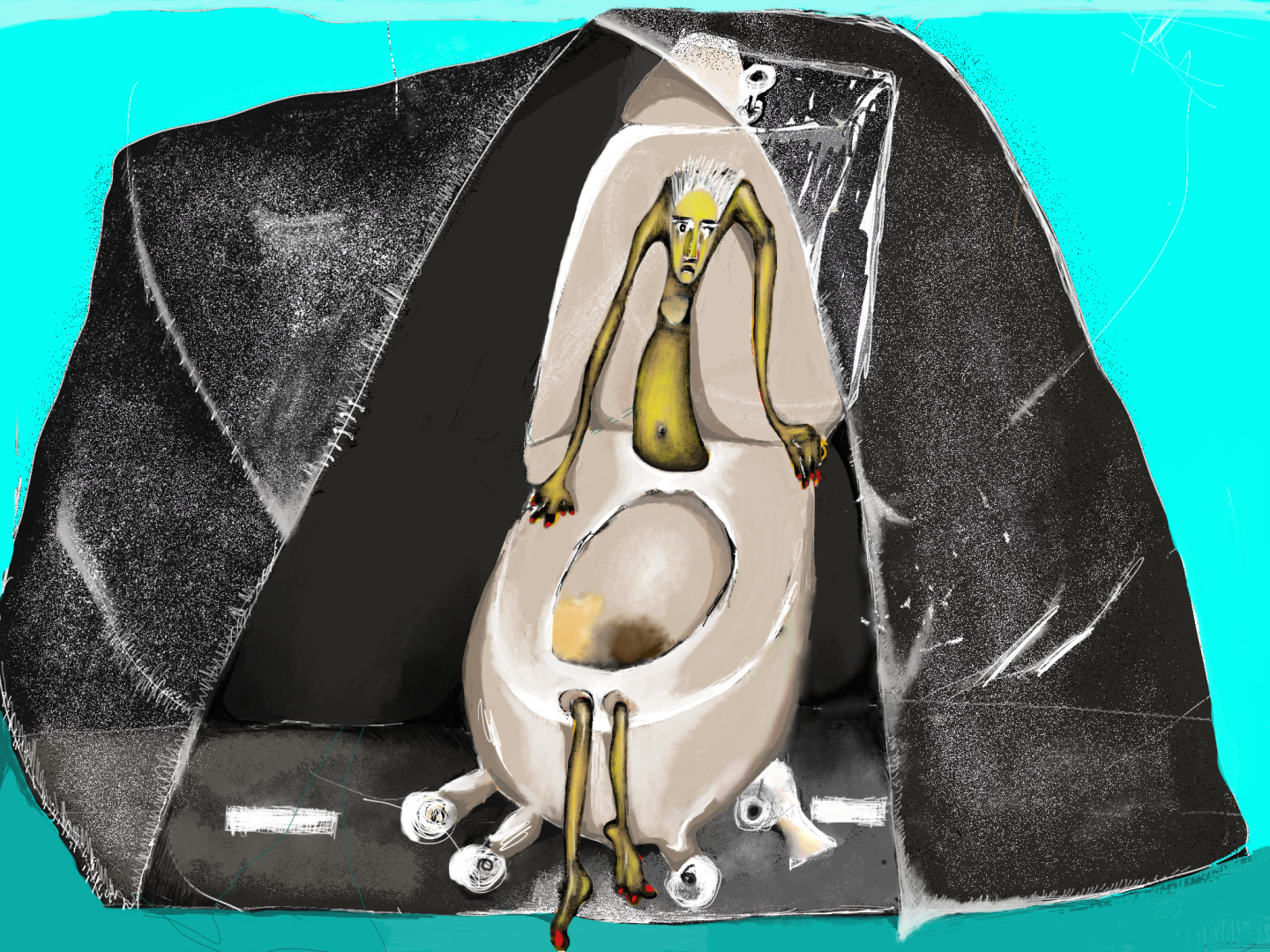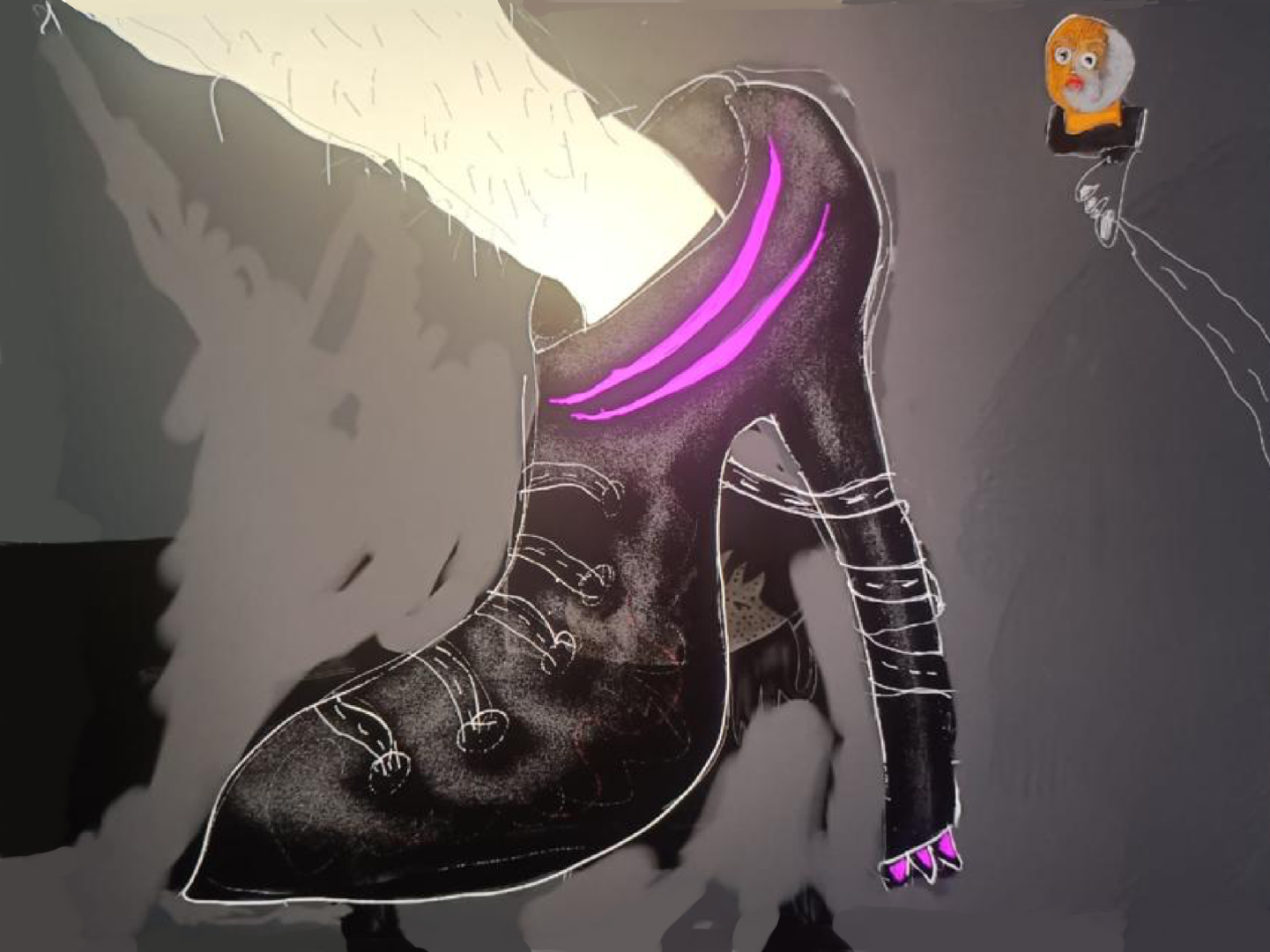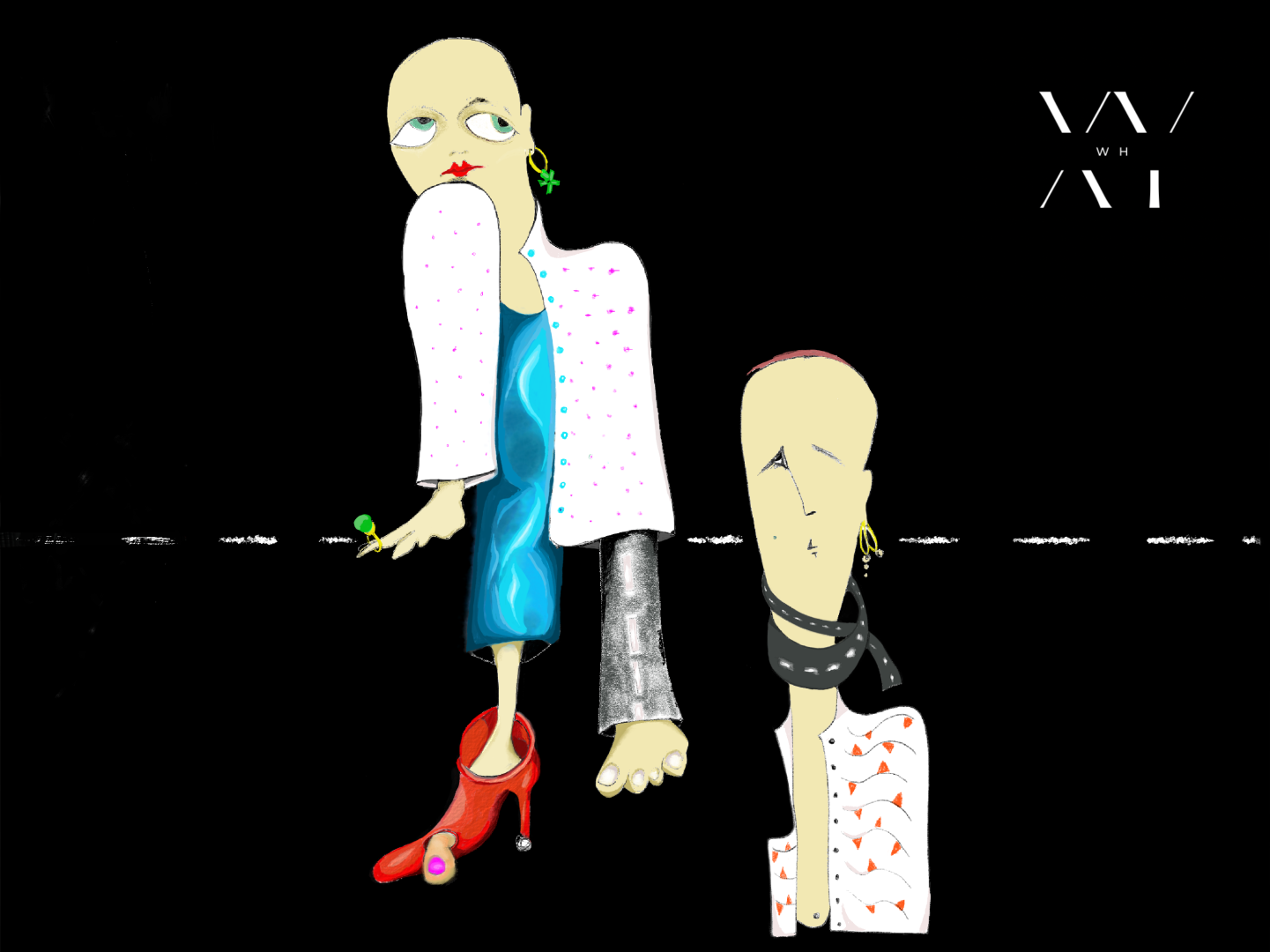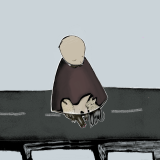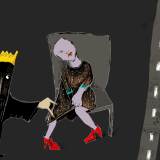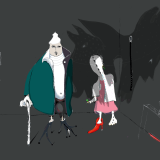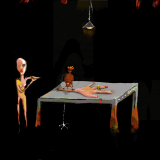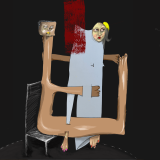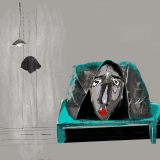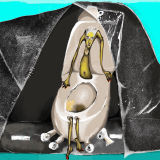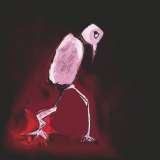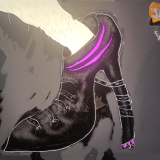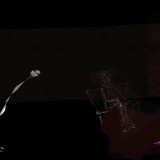A young man who reaches the age of 18 can apply for marriage in the sectarian courts, and the same applies for girls starting at the age of 17. Tribal sheikhs and/or judges of the sects can allow the marriage of adolescent girls between 15 and 17 years of age, if it is medically proven to him that her situation can handle the marriage, with permission from her guardian.
If a tribal sheikh or the judge of the sect authorised the marriage of a boy and girl teenager without the permission of the guardian, then each of the boy or girl adolescents have the right to request the termination of the marriage within a period of six months starting from the date of their reaching the legal age of marriage.
However, the most substantial form of discrimination against women within the sectarian court is the refusal to register the marriage of a Druze woman who chooses a man from outside the sect, according to lawyer Sahar Huwaija. In such a case, “inheritance laws are applicable against the women. The father or the guardian is allowed to write only his male sons in his will. The woman is humiliated by being given a share under the name ‘the share of those abandoned’, which is left to the single, widowed or divorced woman.”
According to the book The Judicial System in Syria and Related Things, by lawyer Ibrahim Muhammad al-Qasim, the personal status courts are headed by one judge, and they are subject to being quashed in relation to Sharia courts. In religious matters, cases are subject to appeal, then cassation courts.
Sharia, religious and sectarian courts adjudicate personal status cases, and family and inheritance cases for Muslim Syrians and non-Syrians whose countries apply Islamic personal status laws.
Religious courts hear personal status cases for Christians, Jews and other non-Muslim groups.
As for the sectarian courts of the Druze sect, they are headed by a Muslim Druze judge who has the power to ensure that the Druze adhere to the rules of their sect in the field of personal status, and the rulings of all religious courts can be appealed to the similar circles of the Court of Cassation in Damascus.
The sectarian court was created by Law No. 134 in 1945, according to lawyer Hawija. The appointment of judges of the Druze sect is based on the proposal of the “Druze Religious Board”. The Ministry of Justice issues a decree appointing the person elected by the spiritual leaders as a judge for the Druze sect.
Attorney Sahar Hawija believes that the available option which may be more acceptable than marriage within the Druze sect in the sectarian court system in Syria is “optional civil marriage” (a dual system of marriage), that is, by legislating a law that is approved as an official civil marriage and is a right of Syrians.
Otherwise, maintaining personal status laws through which the marriage or divorce contract is regulated according to the will of both parties should be the applied. Enab Baladi *



